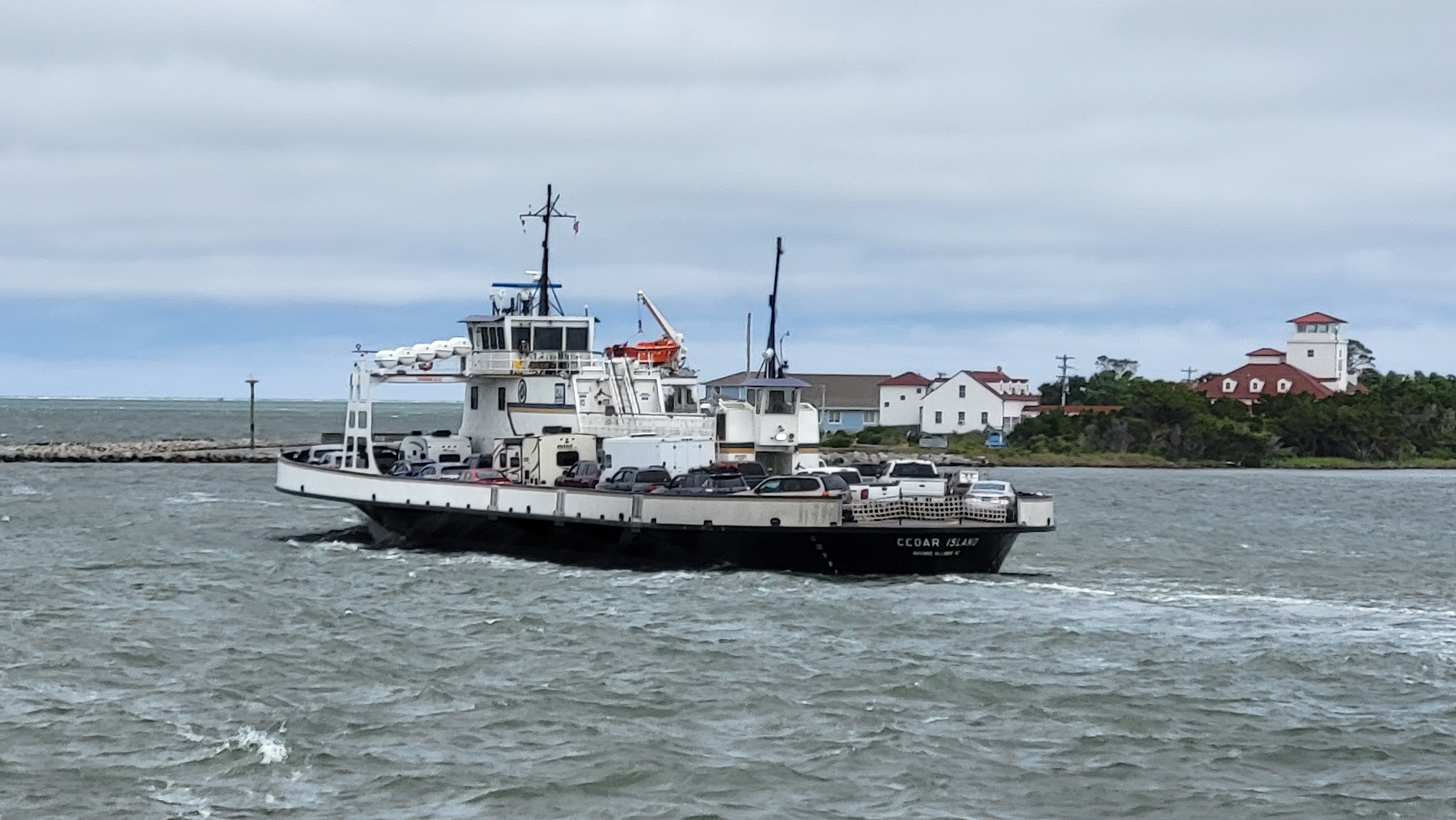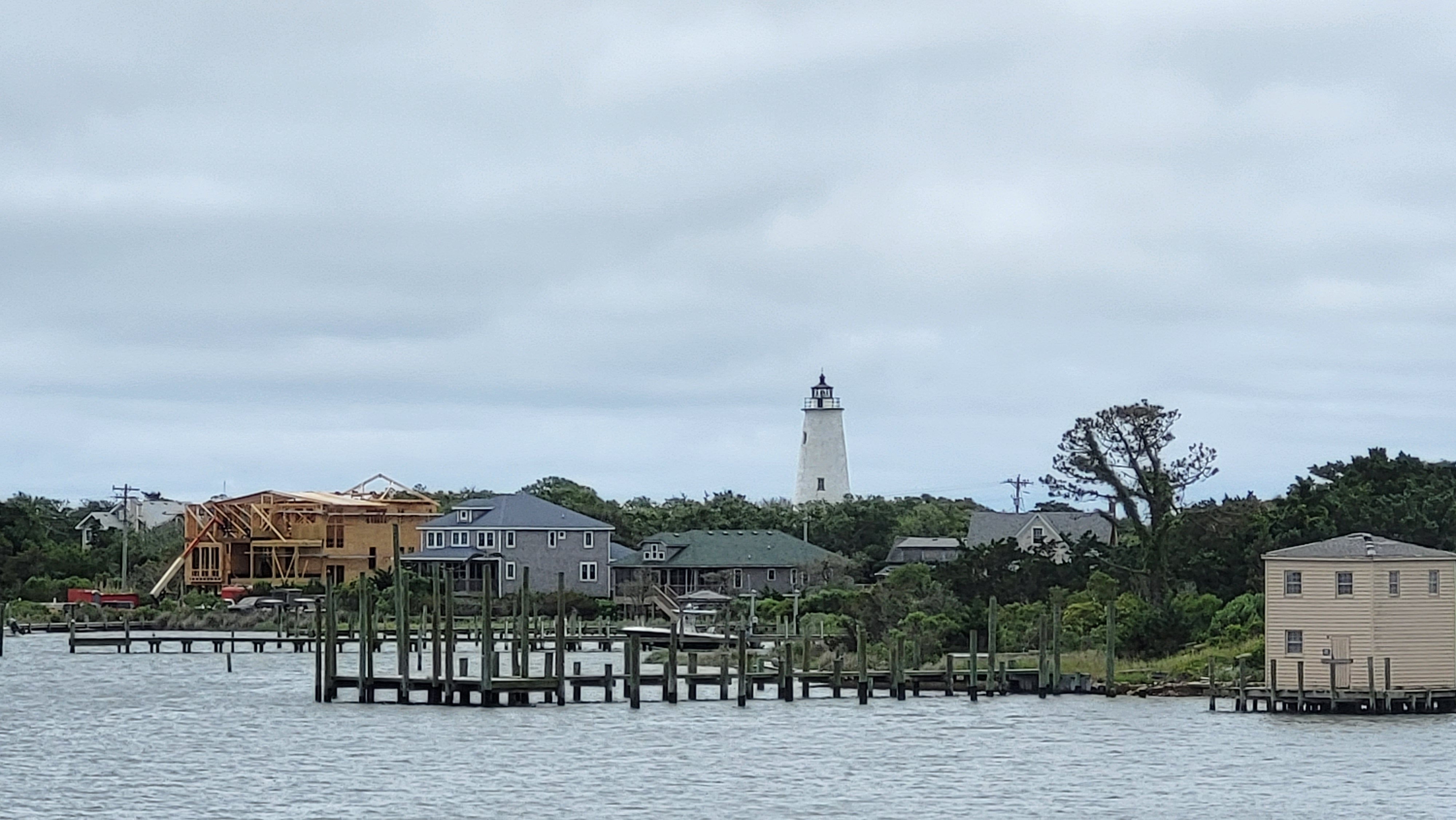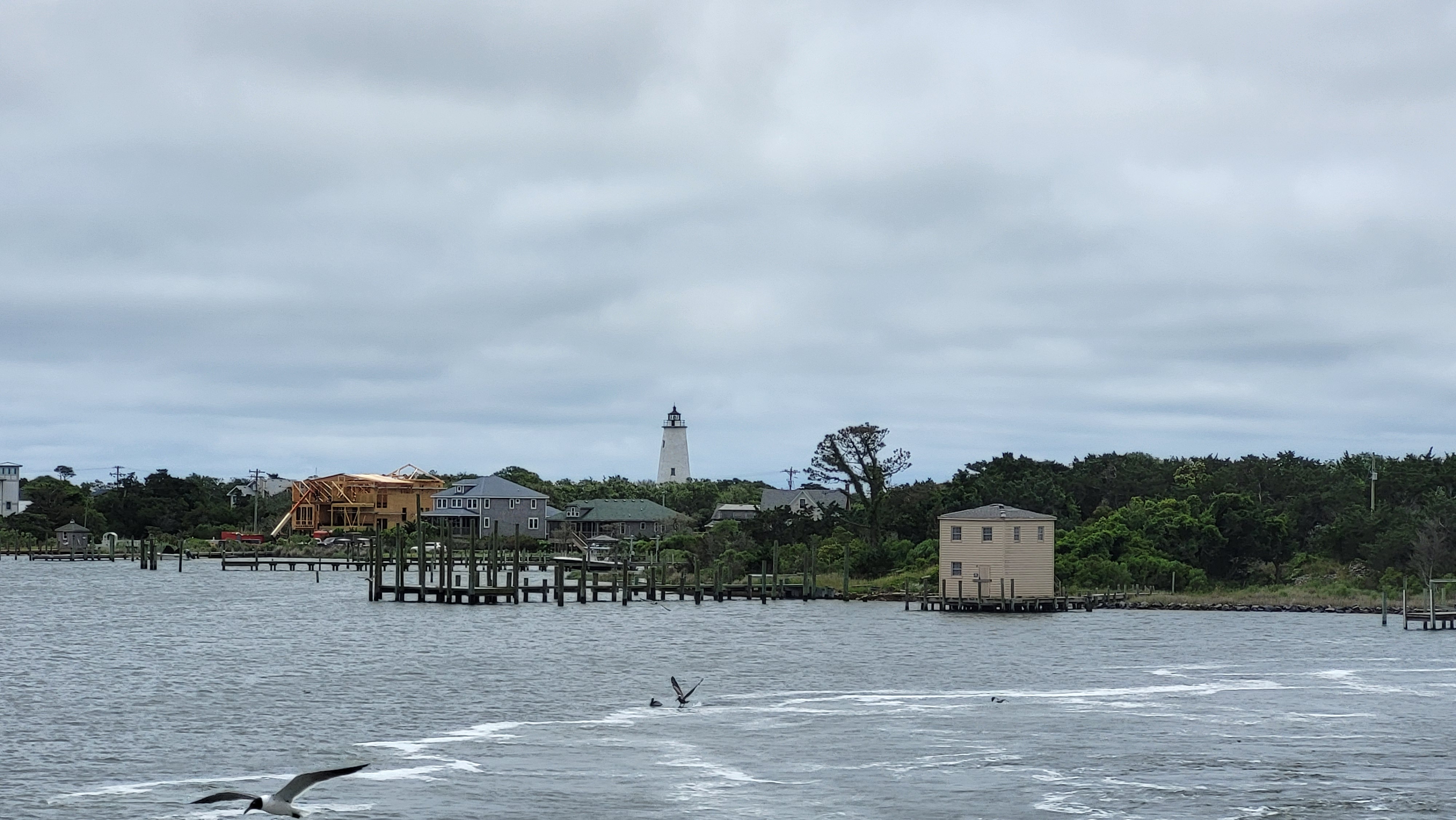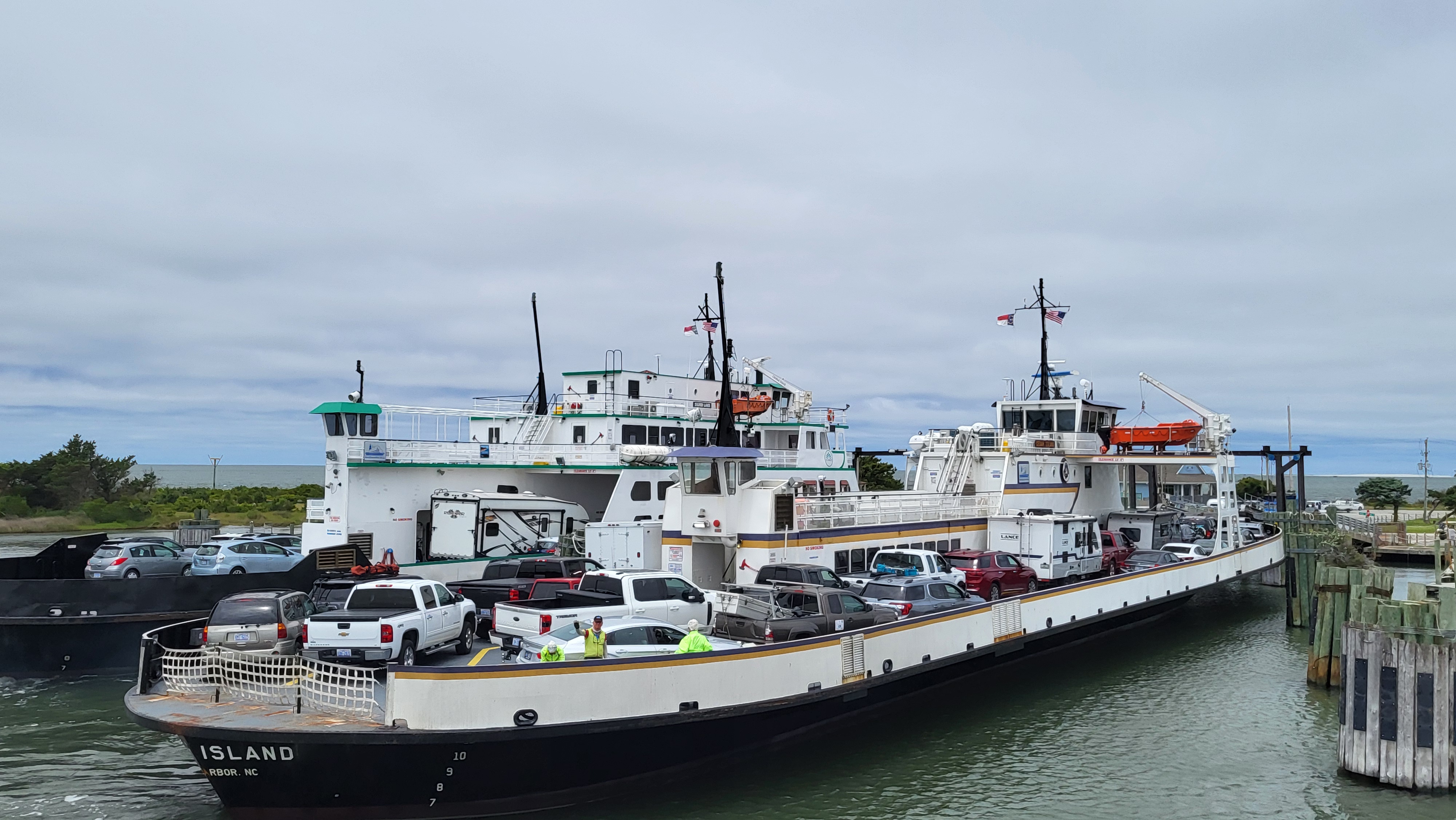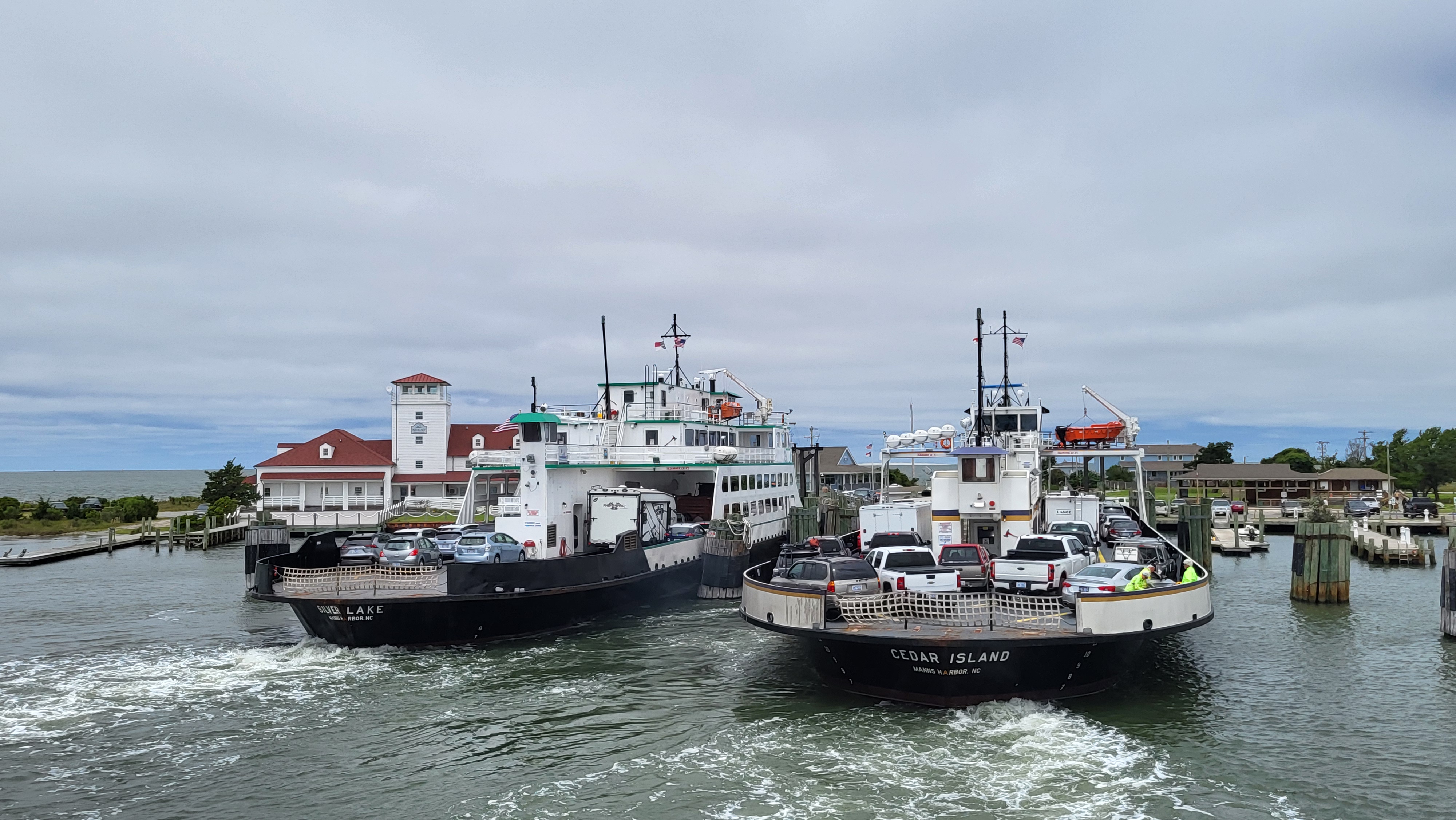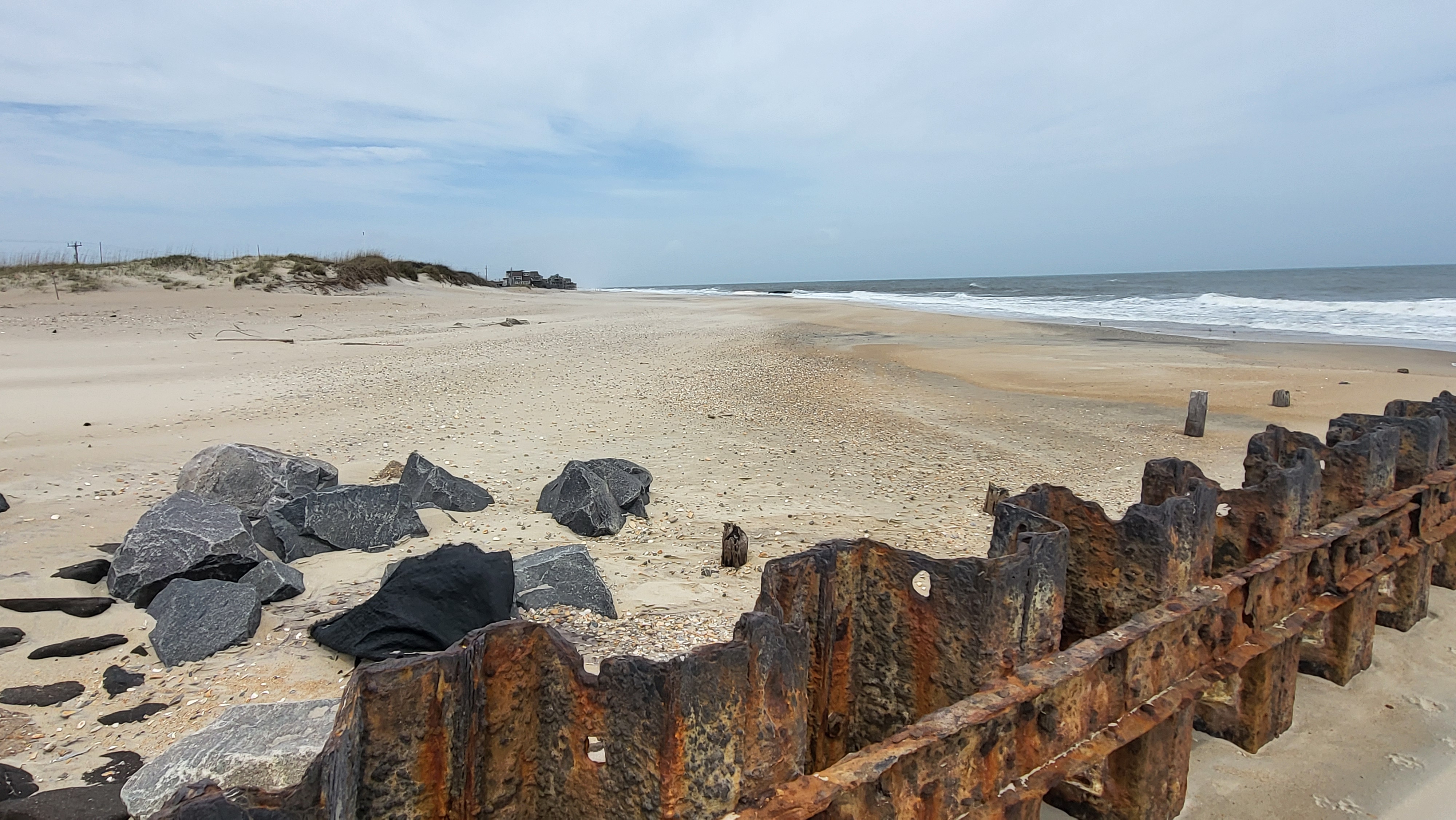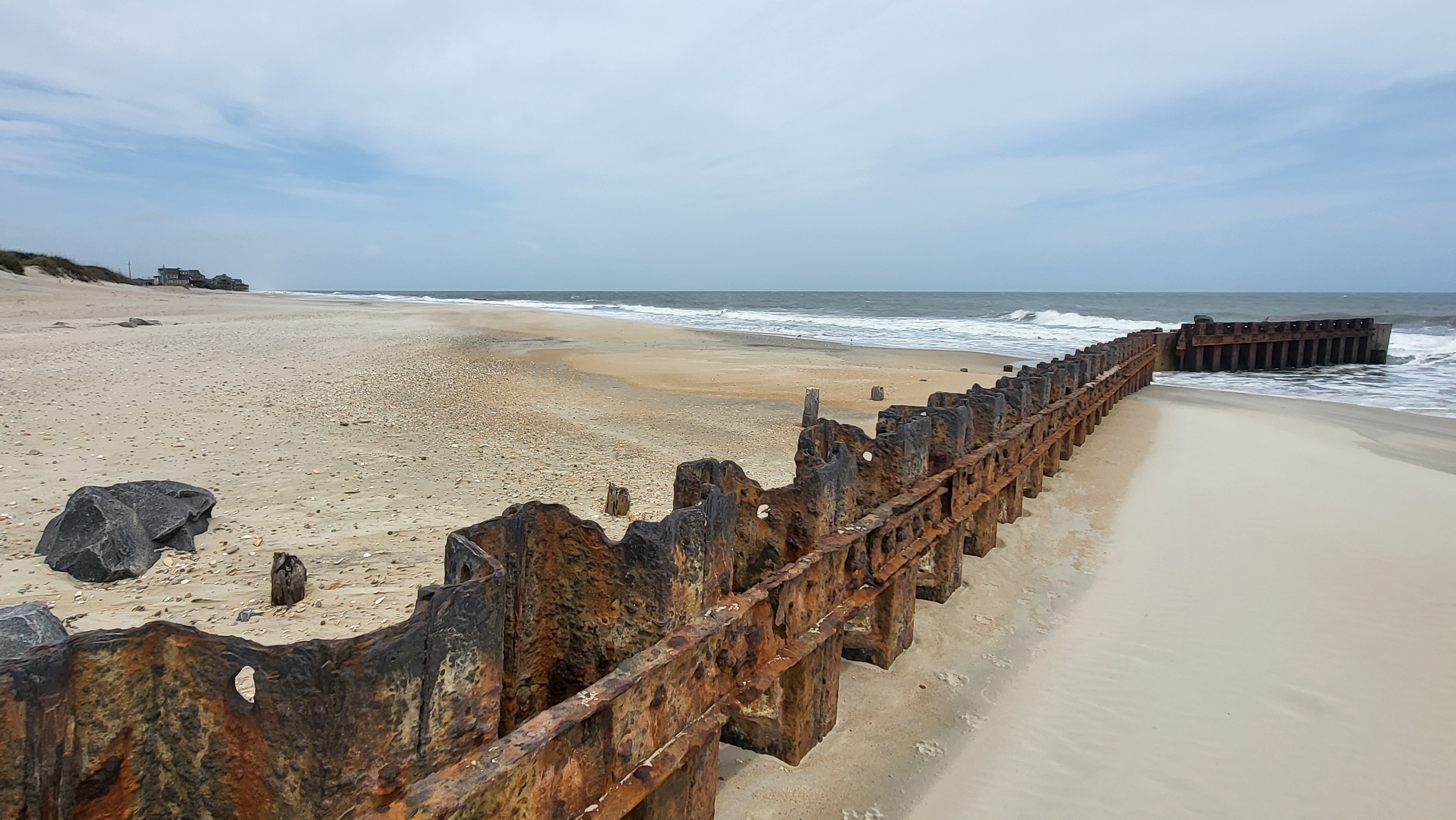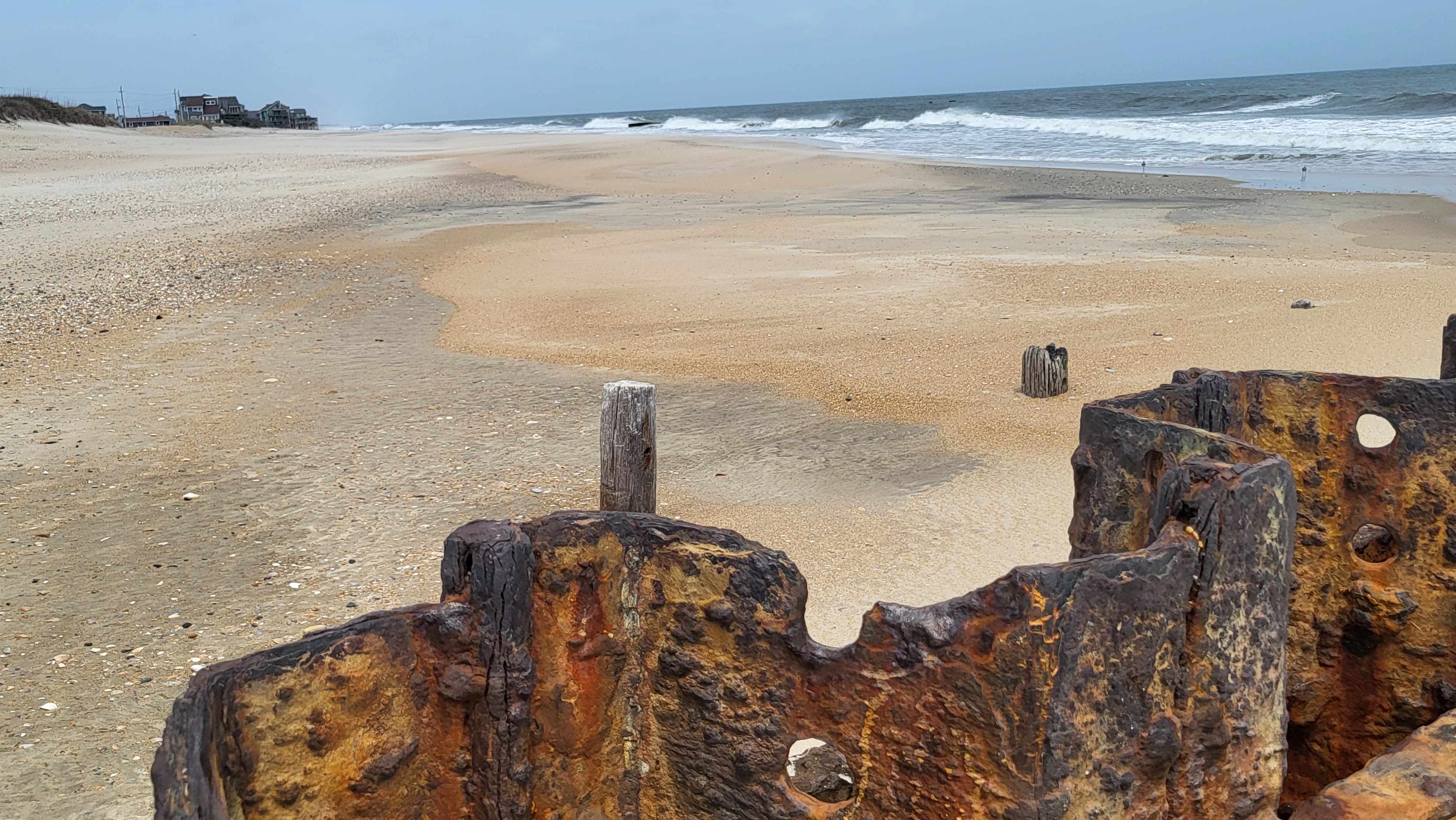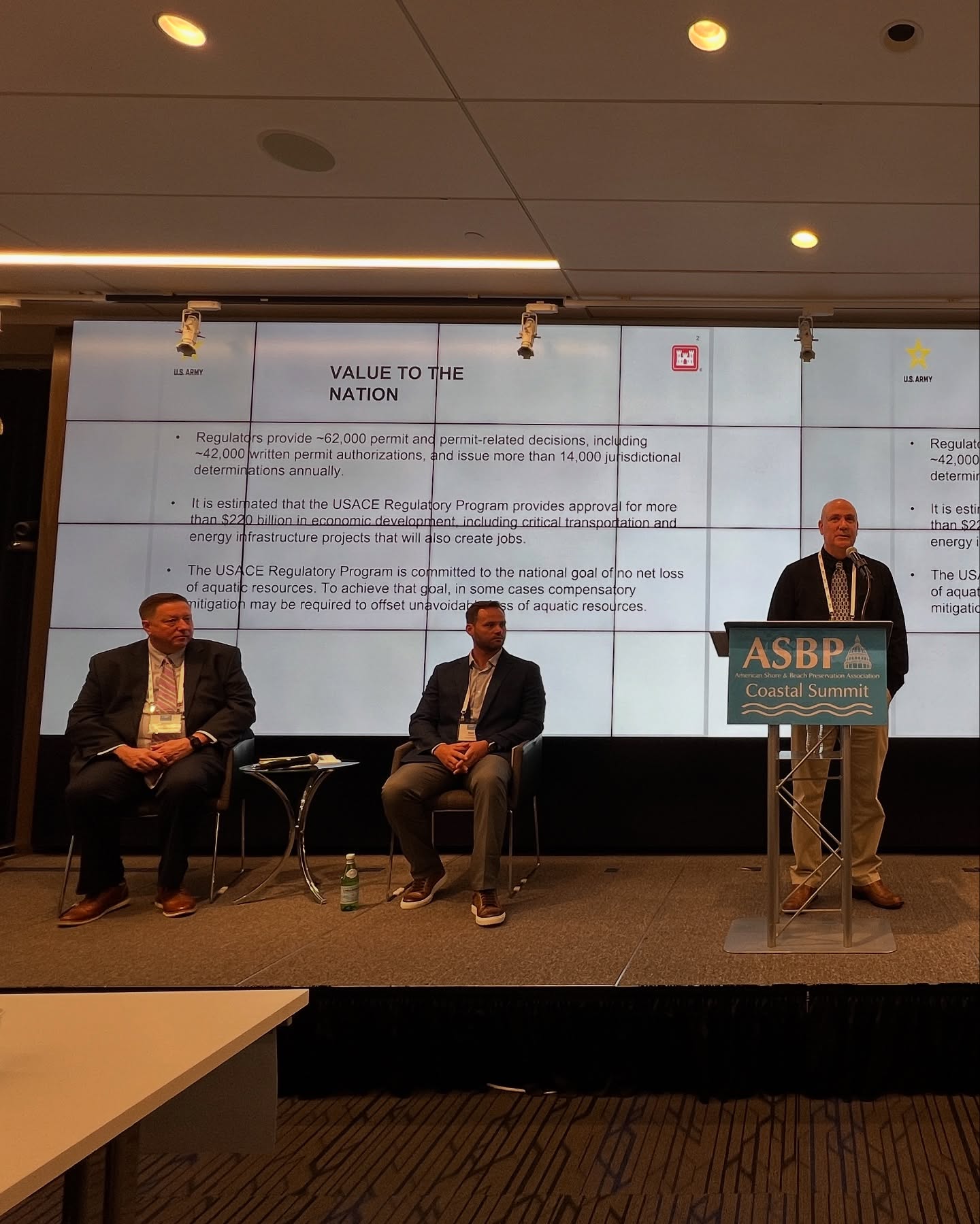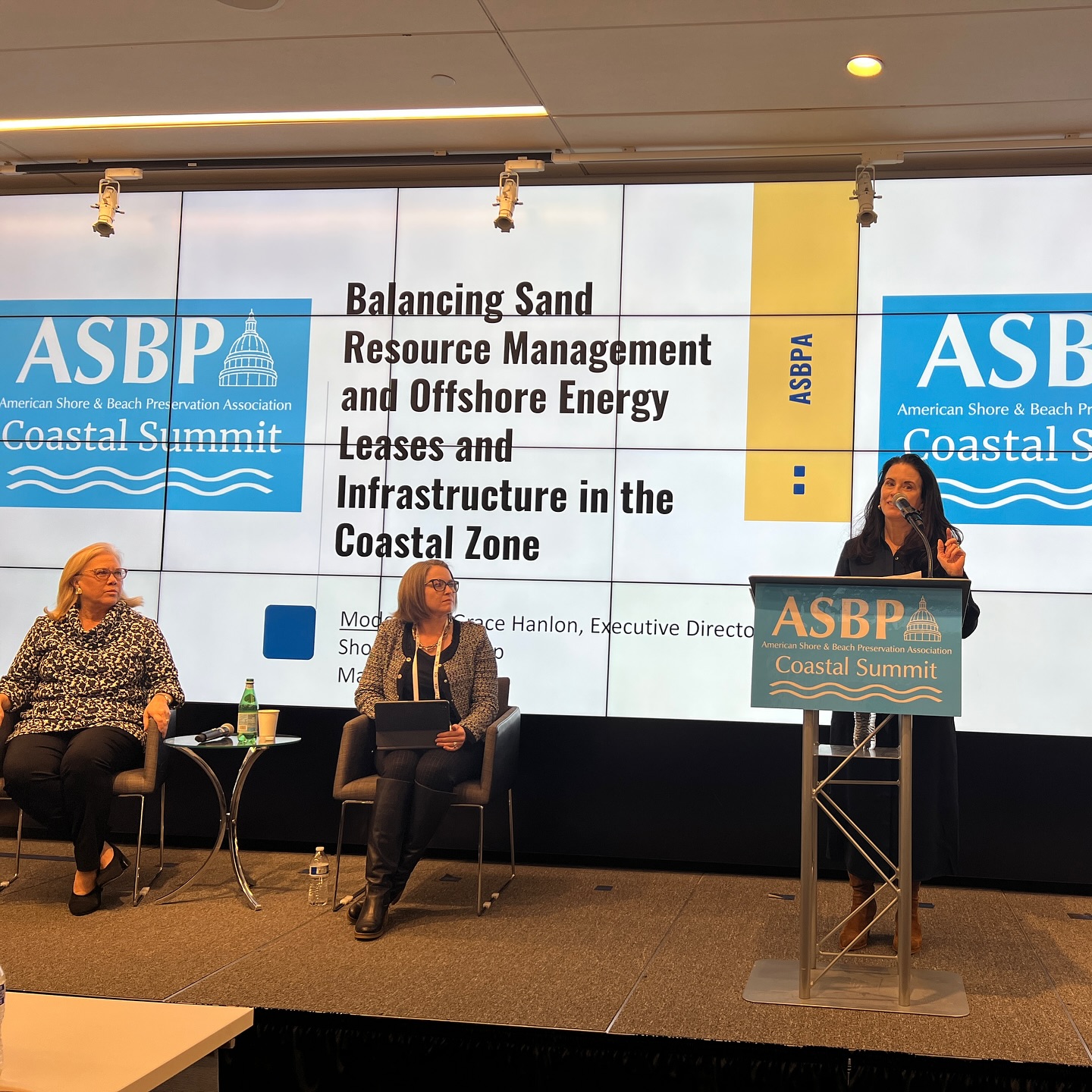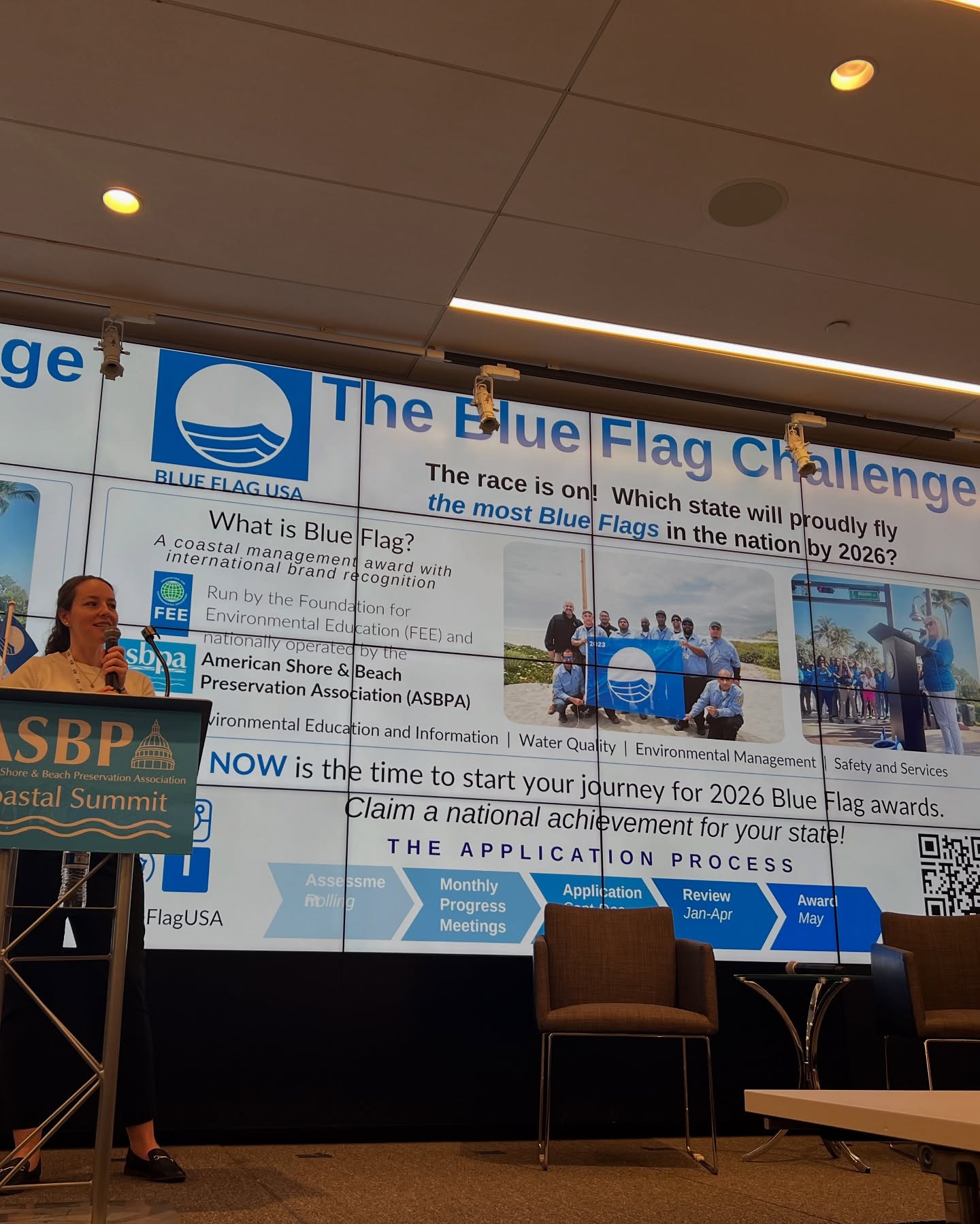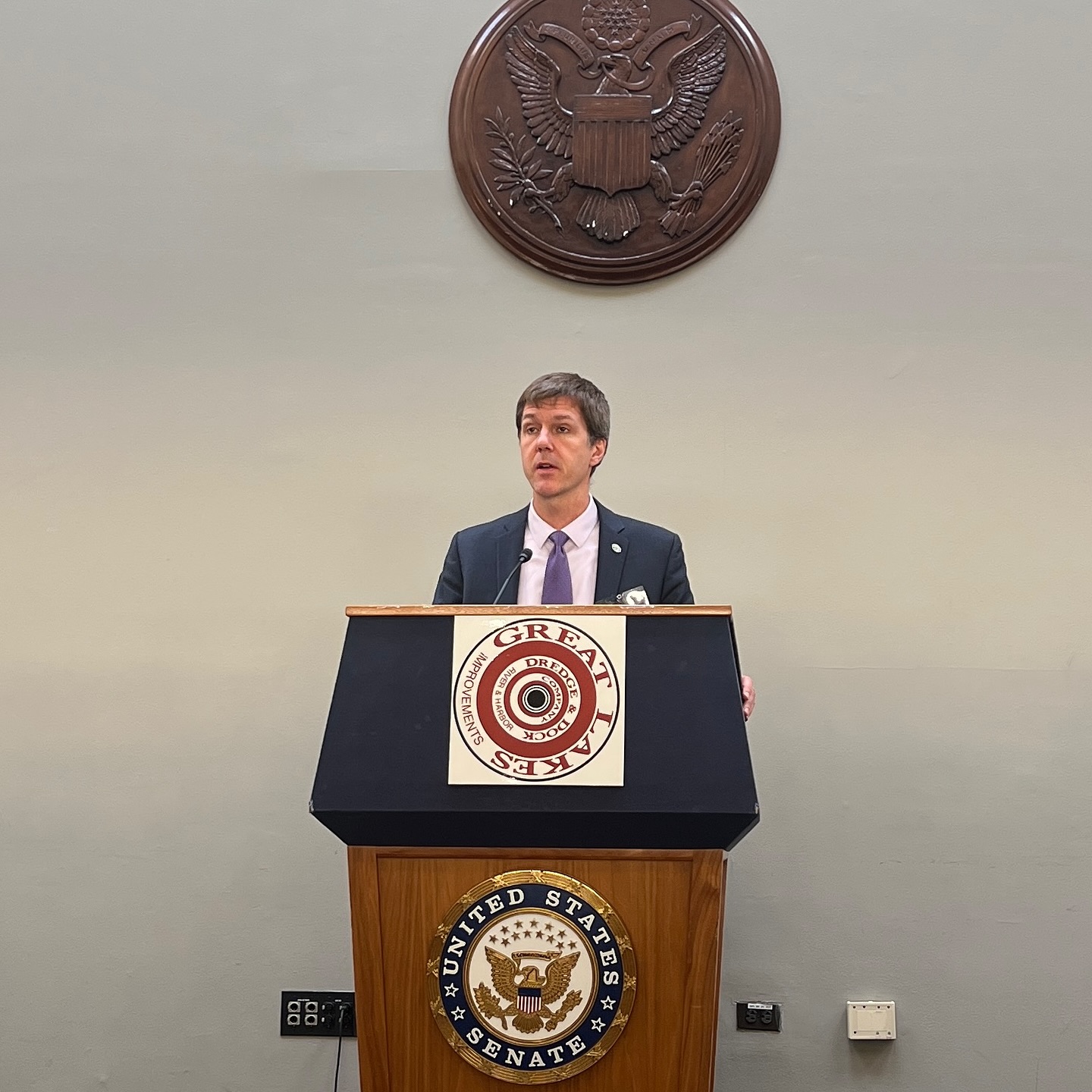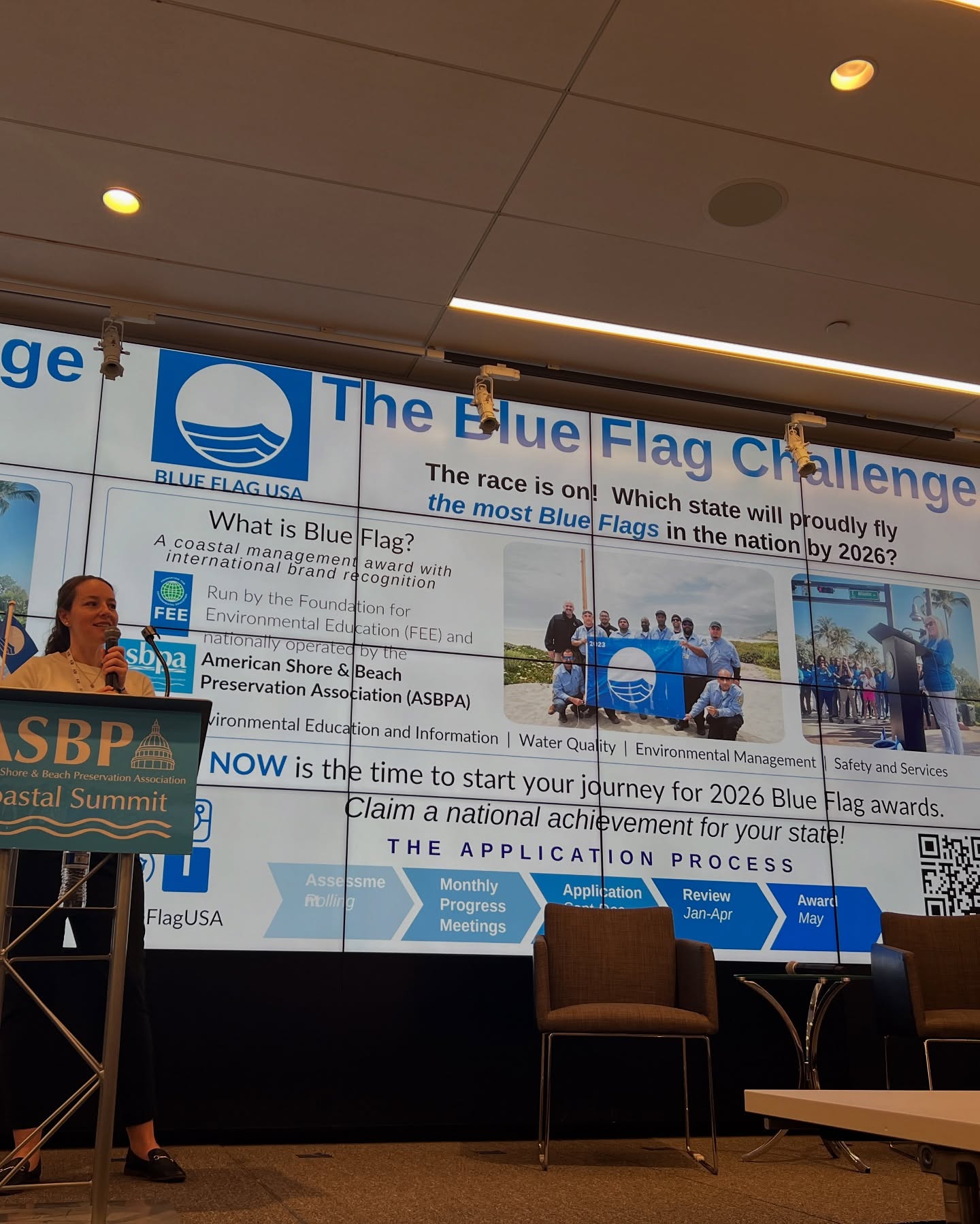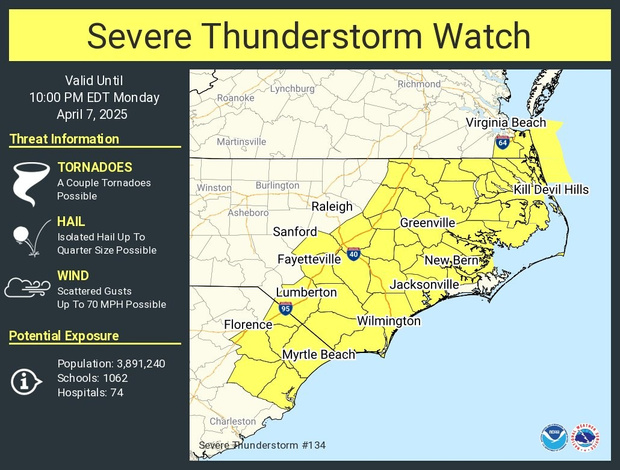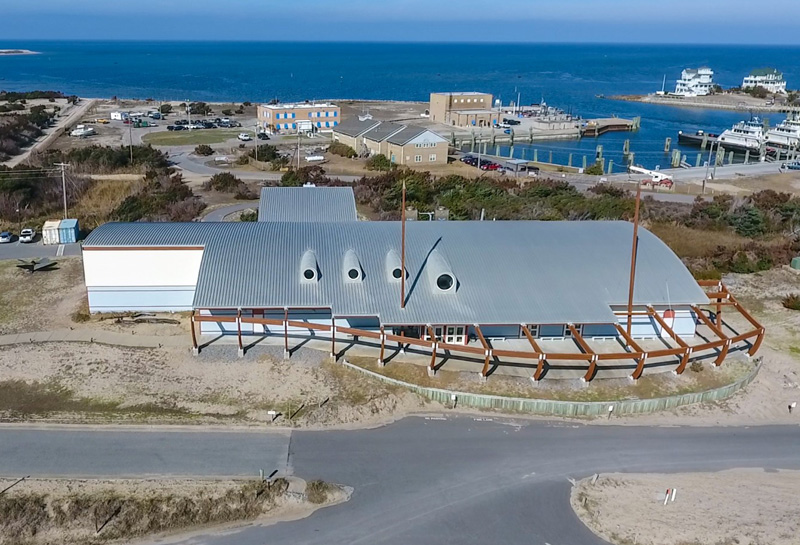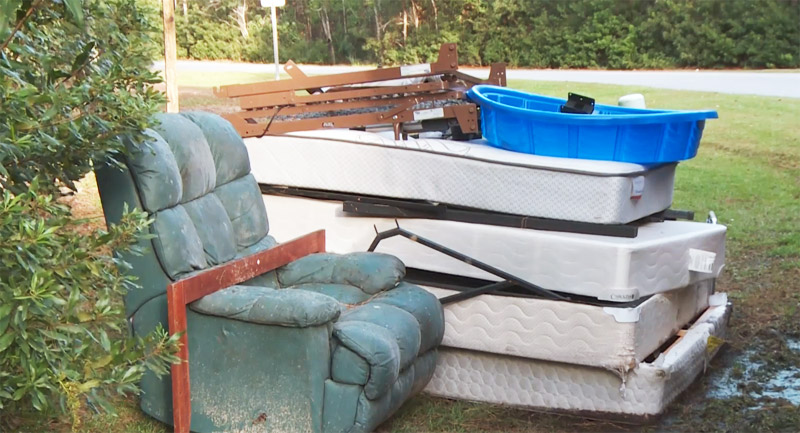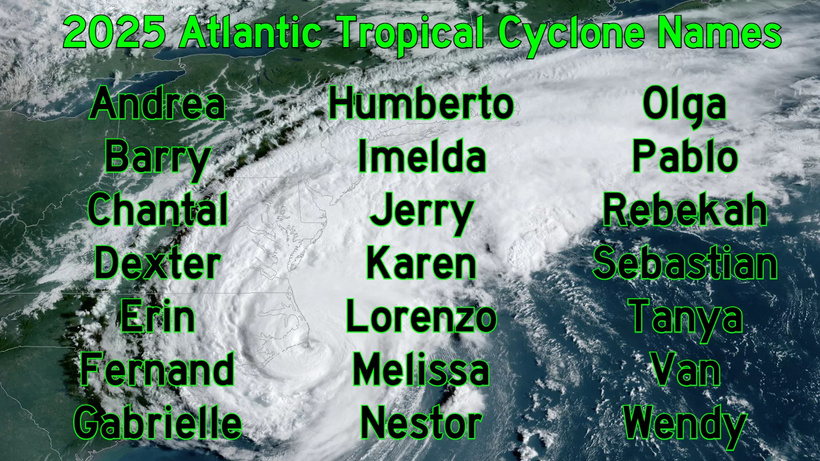Abandoned Vessel Removal to Begin in March
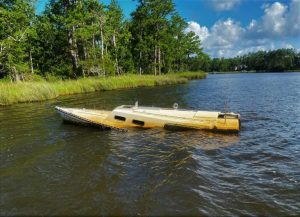
Once seaworthy vessels, now damaged or sunk along the coast, are slated for removal beginning in March. Working with state and local partners, the North Carolina Coastal Federation is ramping up efforts to tackle large-scale marine debris by focusing on the removal of unsightly vessels that were damaged and linger in the marshes and creeks following recent hurricanes Florence and Matthew.
The federation is hiring contractors to remove over 80 abandoned and derelict recreational and commercial boats between Manteo and Sunset Beach. Removal will begin once the owner notification process is complete.
Although pollution from most vessels was mitigated by the U.S. Coast Guard and its contractors soon after becoming displaced, residual polluting and hazardous materials may remain onboard. Removal of the vessels from the environment will reduce marine debris and reduce any remaining pollution impacts on important coastal habitats such as oyster reef, submerged aquatic vegetation and marshes. Some of these vessels also pose a threat to navigation safety and public health.
“For the first time ever, North Carolina is mounting a comprehensive effort to rid our coast of these broken down boats that blight our coast. The federal, state and local partners and multiple funders, along with support from the General Assembly, have come together to make this happen. We are enthusiastic about the removal of so many vessels posing environmental, health and economic risks to our coast,” said Todd Miller, federation executive director.
There are 25 vessels slated for removal in Pamlico, Carteret, Craven, Onslow, Pender, New Hanover and Brunswick counties with funding from the Natural Resources Conservation Service’s Emergency Watershed Protection Program awarded to the N.C. Division of Coastal Management in partnership with the federation and N.C Wildlife Resource Commission.
The federation will remove an additional 20 vessels in Currituck and Dare counties supported by a grant from the National Oceanic and Atmospherics’ Marine Debris Program in partnership with Dare County, the N.C Division of Coastal Management and the N.C. Wildlife Commission.
“We are a proud participant in this removal effort,” stated Ben Solomon, environmental specialist of the N.C. Wildlife Resources Commission. “It speaks directly to our agency’s mission to conserve North Carolina’s wildlife resources and their habitats, and to provide opportunities for wildlife-associated recreation. Clearing the boat debris is imperative to protecting North Carolina’s diverse aquatic and coastal species and maintaining a clean environment for outdoor enthusiasts who recreate along our state’s coastline.”
“The complexity of planning this large-scale effort required close coordination over a long period of time. And the result will quickly benefit our coastal resources and those who live, work and play among them,” said Paula Gillikin with the N.C Department of Environmental Quality’s N.C. Division of Coastal Management.
The National Fish and Wildlife Foundation and National Oceanic and Atmospherics’ Marine Debris Program have also awarded the federation funding to remove an additional 35 vessels in Pamlico, Carteret, Craven, Onslow, Brunswick and New Hanover counties.
These grant projects are all part of a collaboration that was further enhanced with a 2019 N.C. General Assembly appropriation of $1 million to the Wildlife Commission for vessel removal.
In July of last year, Gov. Cooper approved final legislation that updated authorizing language to allow the Wildlife Commission to remove these storm-related vessels littering the coast. The legislation helped speed up the removal of abandoned boats while also protecting boat owners’ private property rights. (North Carolina Session Laws 2020-74 and 2019-224).
The N.C. Division of Coastal Management, the Wildlife Commission and the federation have assessed, documented and prioritized the abandoned vessels for removal. The Wildlife Commission has tagged the vessels, the last step in clearing the way for removal to begin once contractors are secured. Once the removals are complete, broader interagency coordination among the Wildlife Commission, Department of Environmental Quality agencies, the U.S. Coast Guard and others will continue to strengthen pre-storm planning and post-storm response to displaced vessels.
These efforts build on large-scale marine debris removal led by the federation, which have resulted in the removal of over 910 tons of pressure treated wood, floats and other trash and debris from coastal waters since Hurricane Florence. To learn about the progress of this work and the federation’s efforts to create a coast that is free of marine debris, visit: nccoast.org/marinedebris.




